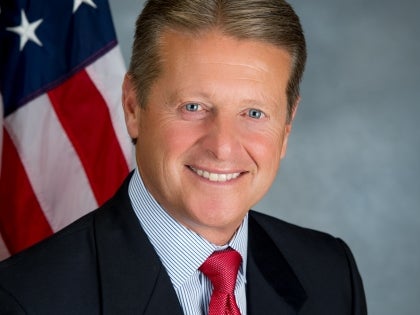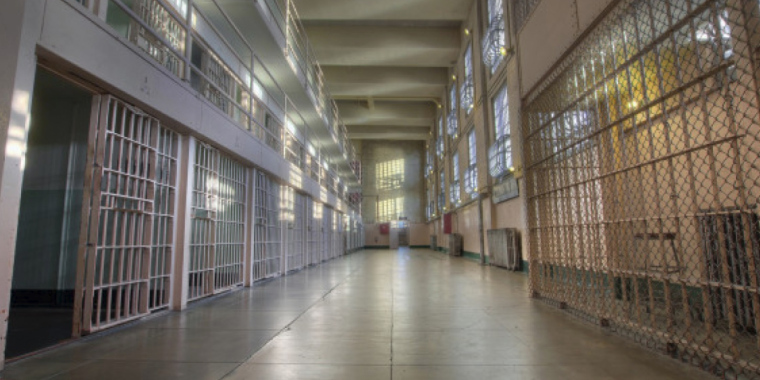
Senator Gallivan Calls for Delay in Implementation of Advanced Clean Truck Regulations
Jim Ranney
October 17, 2024
Senator Patrick M. Gallivan, (R-C, Elma) is urging Governor Kathy Hochul to delay adoption and impending implementation of the Advanced Clean Truck (ACT) regulations by the Department of Environmental Conservation (DEC).
First adopted in 2021 as part of the state’s Climate Leadership and Community Protection Act (CLCPA), the ACT rule will require manufacturers to produce and sell an increasing percentage of zero-emission trucks and buses starting in 2025. The regulation would require that medium and heavy-duty vehicles, including municipal plows, be manufactured as zero emission, with the goal of 100% of trucks over 8,500 pounds to be zero emission by 2045 release.
Senator Gallivan is concerned about the financial impact the regulations will have on businesses and municipalities and fears it will hurt the state’s already poor business climate.
“We all care about the air we breathe and efforts to protect our environment, but once again the state is mandating changes that are unrealistic and unaffordable,” Senator Gallivan said. “The impact these regulations will have on businesses, municipalities, consumers, and taxpayers must be taken into consideration. These mandates should be put on hold until an honest cost-benefit analysis is conducted.”
Zero emission truck technology is still in its infancy, and many of these trucks currently cost three to four times the average cost of a diesel-powered vehicle. These increased costs will be passed on to taxpayers and consumers throughout the state. In addition, the charging infrastructure needed to power this fleet is not currently available at this time.
Meanwhile, Senator Gallivan is co-sponsoring legislation (S.9910) that would delay the implementation of ACT regulations and calls for a Task Force to be formed to conduct a cost-benefit analysis and formulate a more responsible plan, in consultation with the industry, that will both reduce emissions and limit dramatic cost increases for businesses.
-30-
related legislation
Share this Article or Press Release
Newsroom
Go to Newsroom


